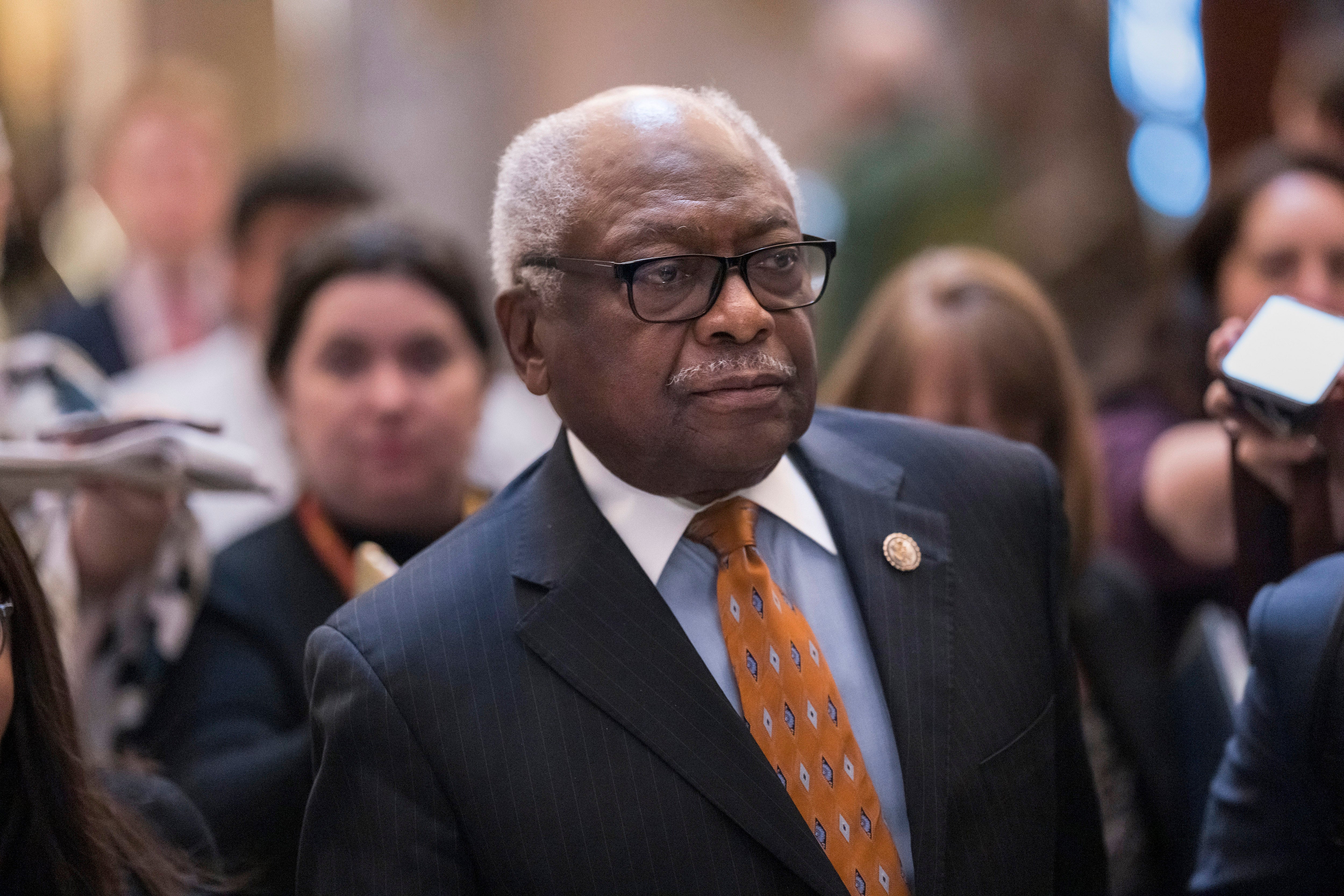House panel says lax screening helped facilitate PPP fraud
A House investigations panel says financial technology firms “abdicated” their responsibility to screen out fraud in applications for a federal program designed to help small businesses stay open and keep workers employed during the pandemic

Financial technology firms abdicated their responsibility to screen out fraud in applications for a federal program designed to help small businesses stay open and keep workers employed during the pandemic, a report by a House investigations panel said Thursday.
The House Select Subcommittee on the Coronavirus Crisis launched its investigation of the firms in May 2021 after public reports that the firms were linked to disproportionate numbers of fraudulent loans issued under the Paycheck Protection Program.
Former President Donald Trump rolled out the Paycheck Protection Program to help small businesses stay open and keep their workers employed. President Joe Biden maintained the program and directed money to more low-income and minority-owned companies. All told, $800 billion was spent on the program.
The financial technology firms reviewed PPP applications for lenders, which would ultimately distribute PPP money to businesses.
The report said two start-ups, Blueacorn PPP and Womply Inc. — which reviewed one in every three funded PPP loans in 2021 — were connected to significant percentages of PPP loan applications with indicators of fraud.
It said the firms used questionable screening procedures and business practices in reviewing the loans, leading to “the needless loss of taxpayer dollars,” the report said. The firms “took billions in fees from taxpayers while becoming easy targets for those who sought to defraud the PPP.”
Neither firm responded immediately to a request for comment.
The report said Womply's fraud prevention practices were so lax that lenders describe its systems as “put together with duct tape and gum.” It said Womply's software became a preferred product for criminal enterprises seeking to defraud the government of PPP loans. The firm also received over $5 million in PPP loans for itself, which the Small Business Administration later determined it was ineligible to receive.
Womply said in a statement sent to the committee in January that the firm's role in the screening process was limited. “Womply did not approve PPP loan applications, issue PPP loans, or otherwise serve as a lender in the PPP. Womply helped connect borrowers with PPP lenders, which were responsible for reviewing, approving, submitting, funding, and servicing the PPP applications and loans,” the company's lawyers wrote.
Womply referred 128,813 PPP applicants to lenders in 2020, and 2,584,420 applicants to lenders in 2021.
“We must learn from this inexcusable misconduct to erect guardrails that will help ensure that federal programs — including emergency assistance programs in future crises — are administered more effectively, efficiently, and equitably while keeping waste, fraud, and abuse to an absolute minimum,” said Rep. Jim Clyburn, D-S.C., who chairs the coronavirus crisis subcommittee.
Clyburn said the committee’s findings were sent to the Justice Department and the Small Business Administration.
In March, the Government Accountability Office reported that while agencies were able to distribute COVID-19 relief funds quickly, “the tradeoff was that they did not have systems in place to prevent and identify payment errors and fraud” due in part to “financial management weaknesses.”
Billions have been fraudulently claimed through various pandemic relief programs — including Paycheck Protection Program loans, unemployment insurance and others that were rolled out in the midst of the worldwide pandemic that shut down global economies for months.
The U.S. Secret Service in August said it has recovered $286 million in fraudulently obtained pandemic loans and returned the money to the Small Business Administration.
Bookmark popover
Removed from bookmarks